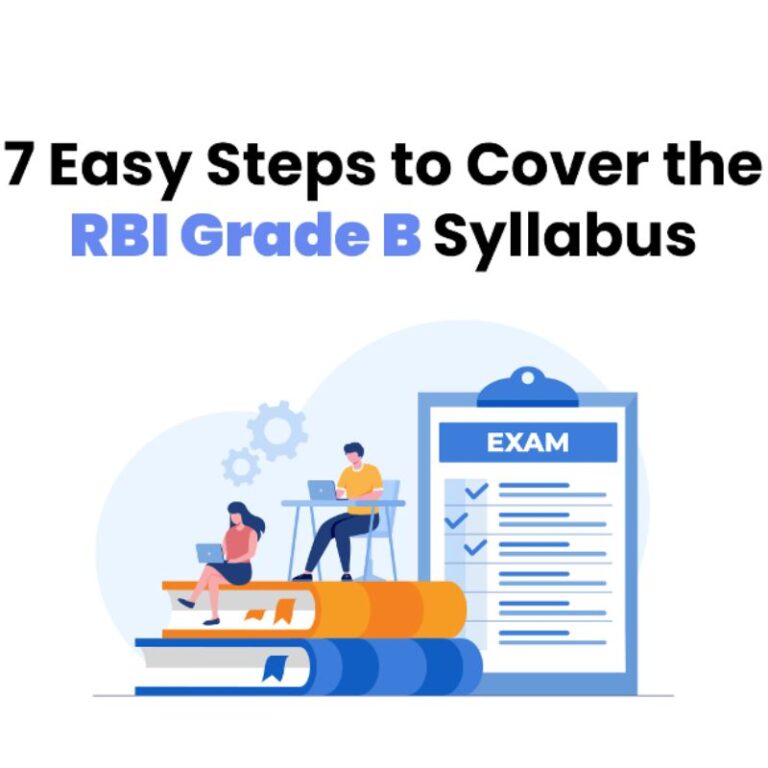Electoral Bonds Scheme Judgement

The Supreme Court recently declared the electoral bonds scheme, which permits anonymous donations to political parties, unconstitutional. The ruling came in the case of Association for Democratic Reforms & Anr. v. Union of India & Ors. The court emphasised that transparency in political party funding is essential for informed electoral choices, stating that the scheme violates the right to information under Article 19(1)(a).
The background to this decision includes petitions filed by the Association for Democratic Reforms (ADR), Common Cause and the Communist Party of India (Marxist) challenging the amendments related to the scheme. In response to a plea made on October 16, 2023, by the petitioners to hear the case before the 2024 General Elections, a Bench led by Chief Justice of India (CJI) D.Y Chandrachud, with Justices J.B. Pardiwala and Manoj Misra, referred the matter to a five-judge Constitution Bench, acknowledging its significance.
The five-judge Constitution Bench, headed by CJI D.Y Chandrachud, with Justices Sanjiv Khanna, B.R. Gavai, J.B. Pardiwala and Manoj Misra, conducted hearings over three days starting from October 31, 2023. The Supreme Court is deliberating on whether the current electoral bonds scheme allows for anonymous corporate funding to political parties and whether it was improperly certified as a Finance Act, a decision that could impact transparency in election funding.
About Electoral Bonds
The electoral bonds system, introduced in 2017 via a Finance bill and implemented in 2018, allows individuals and entities to donate to registered political parties while maintaining donor anonymity. Here are the key features and details:
- Issuer: State Bank of India (SBI) issues the bonds in denominations of Rs 1,000, Rs 10,000, Rs 1 lakh, Rs 10 lakh and Rs 1 crore.
- Features: The bonds are payable to the bearer on demand, interest-free and valid for 15 calendar days from the date of issue. They can be purchased by Indian citizens or entities established in India, either individually or jointly with others.
- Authorised Issuer: SBI is the authorised issuer and the bonds are issued through designated SBI branches.
- Eligibility of Political Parties: Only parties registered under Section 29A of the Representation of the People Act, 1951 and securing at least 1% of the votes polled in the last general election are eligible to receive electoral bonds.
- Purchase and Encashment: Electoral Bonds can be purchased digitally or through cheques and encashment is allowed only through the political party’s authorised bank account.
- Transparency and Accountability: Parties must disclose their bank account with the Election Commission of India (ECI) and donations are made through banking channels, ensuring transparency. Parties are also required to explain the use of the funds received.
- Benefits: The scheme enhances transparency in political party funding, ensures accountability in disclosing donation utilisation, discourages cash transactions and preserves donor anonymity.
- Availability: In 2018, the bonds were available for 10 days each in January, April, July and October, as specified by the central government. An additional 30-day period was specified in the year of the General election to the House of People.
- Amendments: Through an amendment to the Finance Act 2017, political parties were exempted from disclosing donations received through electoral bonds.
- Election Expenditure Limits: ECI sets limits for candidates of political parties on how much they can spend in an election. For example, the expenditure limit for Lok Sabha elections is ₹95 lakhs in large states and ₹75 lakhs in smaller states and union territories.
- Security Deposit: Candidates for election to Lok Sabha must pay a security deposit of ₹25,000, while for state assembly elections, the amount is ₹10,000. Candidates failing to secure more than one-sixth (16.6%) of the total valid votes cast lose their security deposit.
- First General Elections: India held its first general elections in 1951-52.
Election Commission of India
The Election Commission of India (ECI) is an autonomous constitutional authority responsible for administering Union and state elections in India. It oversees elections to the Lok Sabha, Rajya Sabha, State Legislative Assemblies, as well as the offices of President and Vice President. However, it does not manage elections to Municipalities and Panchayats, which are overseen by separate State Election Commissions as provided by the Constitution of India.
Key points about the Election Commission of India:
- Established on January 25, 1950, also celebrated as Voters Day.
- Part 15 of the Constitution deals with the ECI.
- Article 324 to 329 covers the powers, functions, tenure, eligibility, etc., of the ECI.
- The voting age was lowered from 21 to 18 years on October 16, 1989, leading to the appointment of two additional Election Commissioners to manage the increased workload.
- The commission consists of one Chief Election Commissioner (CEC) and two Election Commissioners.
- Rajiv Kumar is the current 25th CEC, serving alongside Election Commissioners Anup Chandra Pandey and Arun Goel.
- Sukumar Sen was India’s first Chief Election Commissioner, while V.S Ramadevi was the first female Election Commissioner.
- Kalyan Sundaram holds the record for the longest-serving Election Commissioner, with a tenure of 8 years and 284 days.
- The tenure of Election Commissioners is six years or up to the age of 65.
- The Chief Election Commissioner can only be removed through a process similar to that of a Supreme Court judge, requiring a special majority of 2/3rd members present and voting, supported by more than 50% of the total strength of the house.
Electronic Voting Machines
Electronic Voting Machines (EVMs) have become the standard method of conducting elections in India. Designed by faculty members at the Industrial Design Centre, IIT Bombay, EVMs were first commissioned in 1989 by the Election Commission of India in collaboration with Bharat Electronics and Electronics Corporation of India Limited. They were initially used in the 1982 by-election to the North Paravur Assembly Constituency in Kerala and were gradually introduced in Indian elections between 1998 and 2001.
EVMs have been used in all general elections in India since 2014 and were first used in a general election to the assembly of Goa in 1999. These machines can record a maximum of 2000 votes and have significantly streamlined the voting process.
In addition to EVMs, the Electoral Trust Scheme, 2013 was introduced by the Central Board of Direct Taxes (CBDT). This scheme allows companies registered under Section 25 of the Companies Act, 1956, to set up electoral trusts. These trusts distribute contributions received from other companies and individuals to political parties. The scheme outlines the procedure for approval and renewal of electoral trusts and sets guidelines for receiving and distributing contributions.
Contributions to Electoral Trusts
Contributions to electoral trusts are limited to individuals who are citizens of India, companies registered in India, firms, Hindu undivided families, associations of persons or bodies of individuals resident in India. Foreign entities and non-Indian citizens are not allowed to contribute. Electoral trusts are required to distribute 95% of their total income to eligible political parties, with the remaining 5% earmarked for administrative expenses. They must maintain detailed accounts and undergo annual audits.
Despite these regulations, a report by the Association for Democratic Reforms (ADR) found that a single political party received a significant portion of donations facilitated by electoral trusts, raising questions about transparency and the influence of corporate funding in Indian politics.
Calling all law aspirants!
Are you exhausted from constantly searching for study materials and question banks? Worry not!
With over 15,000 students already engaged, you definitely don't want to be left out.
Become a member of the most vibrant law aspirants community out there!
It’s FREE! Hurry!
Join our WhatsApp Groups (Click Here) and Telegram Channel (Click Here) today, and receive instant notifications.





